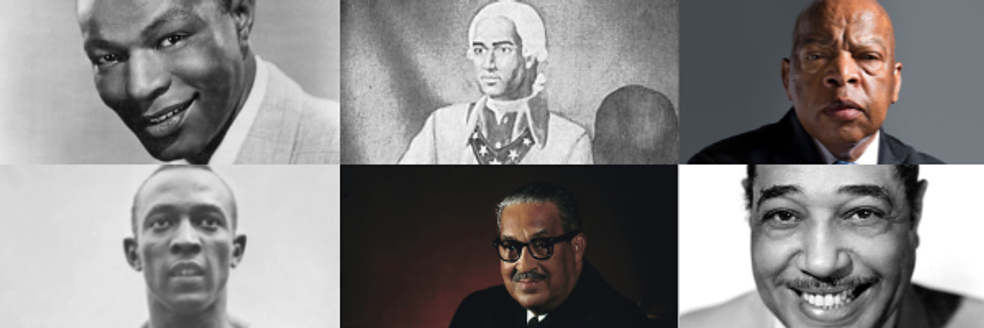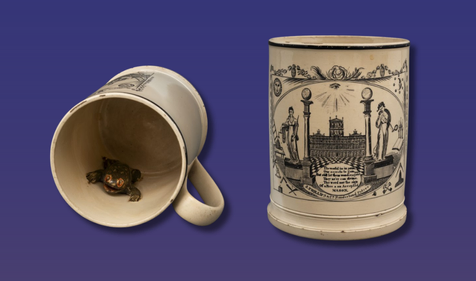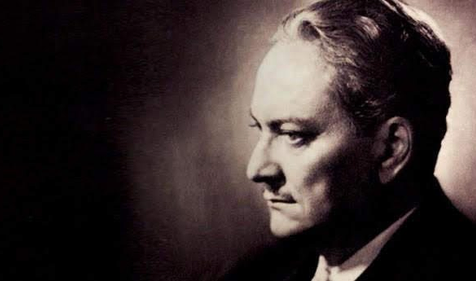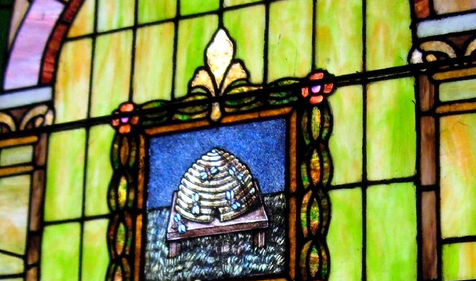In honor of Black History Month, we honor notable African American Freemasons and their impact throughout history.
Throughout history, there have been many notable African American Freemasons who have made their mark on our country and our world. In honor of Black History Month, we are celebrating some of the most profound African Americans who have joined our ranks by shining a light on the incredible legacy they have left behind. Read on and be inspired by the many noble men of our fraternity whom we are immensely proud to call our “Brothers.”
Prince Hall

Prince Hall was a prominent member of Boston's Methodist and African American community. A former slave, Prince Hall was attracted to the values and opportunities of Freemasonry and sought to join the city's Masonic lodge. While he was initially denied membership at his local lodge, he continued to seek ways to learn from the rich teachings of the fraternity. Hall, along with 14 other African American men who were denied entry to Masonic lodges in Boston, approached a lodge of British soldiers who were then occupying the city in 1775. The lodge accepted them, and they were active in this lodge until the end of the Revolutionary War.
Ten years later, Prince Hall and other Black Masons formally petitioned the Grand Lodge of England to charter a new lodge on American soil. Their request was granted, allowing them to create the first African American lodge, African Lodge No. 459. The creation of this lodge led to a new Masonic community, Prince Hall Freemasonry, that soon gained popularity throughout the country. These lodges promoted the values of our fraternity and Brotherhood while also taking a stand against slavery and segregation. Now, Prince Hall Freemasonry is the oldest and largest African American fraternity in the world – there are an estimated 4,500 Prince Hall lodges across the globe.
A vocal abolitionist and advocate for equality, Brother Hall is a true embodiment of our Core Values Justice and Tolerance. You can learn more about Brother Hall’s incredible legacy at our blog.
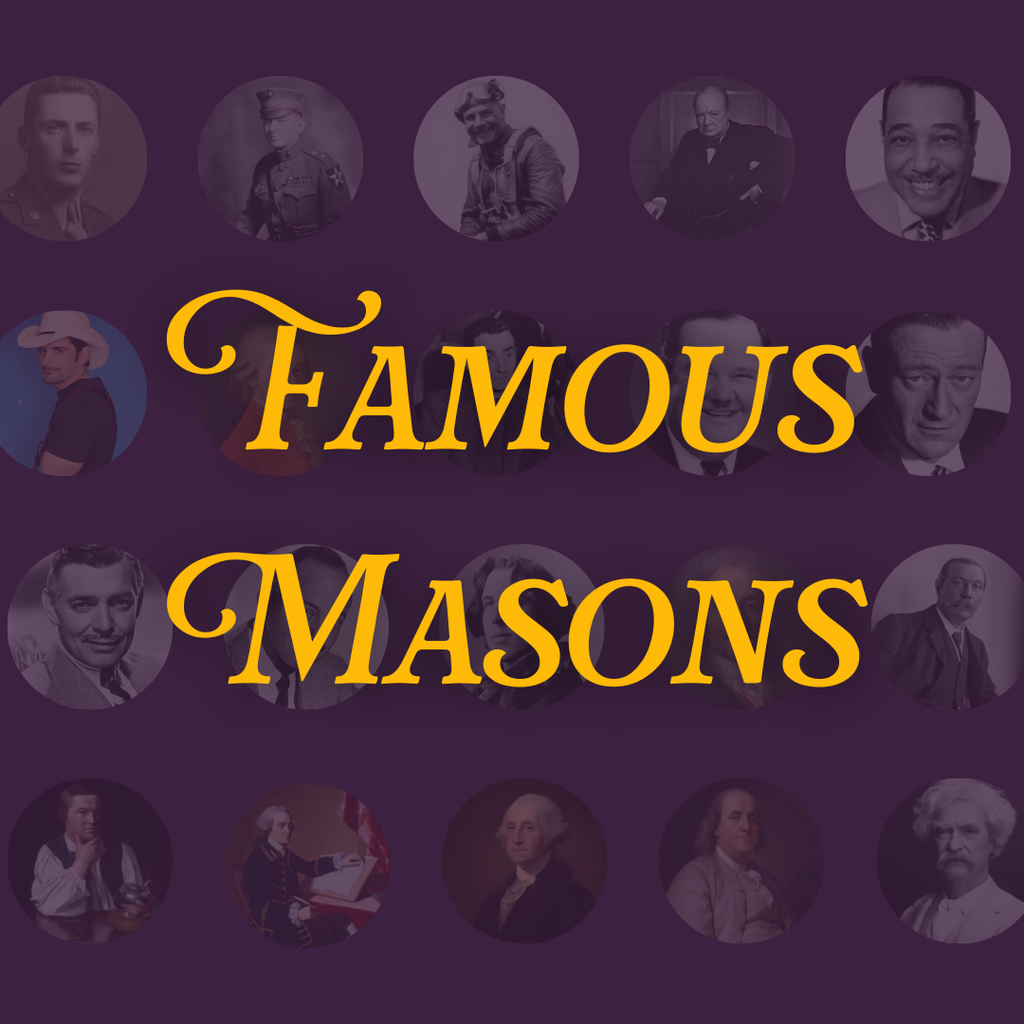
Sign Up for Our Famous Masons Email Series
Learn more about the well-renowned men who we are proud to call "Brother".
John Lewis

John Lewis is known for many things – a Freemason, a congressman whose career spanned several decades, and a pivotal figure within the civil rights movement. Brother Lewis was one of the original “Freedom Riders” who protested the segregation of integrated bus lines. He also organized sit-ins at segregated lunch counters and helped organize the March on Washington and the Selma to Montgomery marches. In 1981, he was sworn in to serve as a U.S. Representative of Georgia, a position he held for almost 40 years.
In 1999, Brother Lewis was made a Prince Hall Mason at H. R. Butler Lodge No. 23 in Atlanta. Twelve years later, he received the honorary 33° at the United Supreme Council Session in Atlanta.
Brother Lewis’ life and legacy demonstrates to all Masons the impact one can have when striving to live by our Core Values of Justice, Integrity, Tolerance, Service to Humanity, Reverence for God, and Devotion to Country. Learn more about Brother Lewis at our blog.
Thurgood Marshall

Brother Thurgood Marshall is best known for being the first African American U.S. Supreme Court Justice and for his dedication to racial justice. He was born on July 2, 1908, in Baltimore, Maryland to William and Norma Marshall. After completing high school, Marshall attended Lincoln University before earning his J.D. at Harvard Law School in 1933.
His first major court victory was in the 1935 Murray vs. Pearson case where he successfully represented a local NAACP chapter in suing the University of Maryland for discrimination of an applicant due to race. Shortly after this victory, he became the NAACP’s Chief Legal Counsel, helping the organization focus its efforts on litigation that would address the heart of segregation. This would soon reveal his true calling, later founding the NAACP Legal Defense Fund where he would lead the historic Brown vs. Board of Education case in 1952.
After these incredible accomplishments, Brother Marshall was appointed as the United States’ very first African American Supreme Court Justice in 1967 by President Lyndon B. Johnson. After serving a 24-year tenure, he stepped down due to his declining health.
Brother Marshall was a member of Coal Creek Lodge No. 88 in Oklahoma. A true embodiment of Masonic values, Brother Marshall’s career fighting for equal rights and opportunities for all is one to be remembered. Learn more about his incredible legacy at our blog.
Nat King Cole

Known for his legendary jazz career, Brother Cole started playing piano at the mere age of four and was a full-time musician by the age of 15, dropping out of school to pursue jazz. He began his career playing with his brother, Eddie, and made his first professional recording in 1939 at the age of 16. The next year, he put together the “King Cole Trio” which led to his first chart-topping song, “This Ain’t Right.” By the 1950s, Brother Cole had become a household name with numerous hits like “Nature Boy,” “Mona Lisa,” and “Unforgettable,” among others.
For many families of this era, Brother Cole was the first Black man shown in their living rooms each night. In 1956, he became the first African American performer to host a variety television series, The Nat King Cole Show. Despite his fame and success, he was not immune to the racial tensions of the decade. Once as a young man, he was criticized for playing to segregated audiences to which he refuted, “I may be helping to bring harmony between people through my music.” His commitment to tolerance in the face of harsh discrimination demonstrates how Brother Cole strived to live by our Masonic values throughout his life.
Cole became a Freemason in 1944 after joining Thomas Waller Lodge No. 49 in California, a lodge named after Prince Hall Mason and jazz musician Fats Waller.
Learn more about Brother Cole and other Masonic mavens of jazz at our blog.
Jesse Owens

Born in 1913, Brother Owens began his iconic track-and-field career at a young age. In high school, Owens won the 1933 National Interscholastic Championships in Chicago, a title that soon after would jumpstart his career as a professional athlete.
During a college meet in Michigan, he astonished spectators and sports enthusiasts by breaking several world records in the span on an hour, including the 220-yard dash, the 220-yard low hurdles, and the long jump. His most famous career accomplishment would come a year later during the 1936 Olympics in Berlin where he went on to win four gold medals in the 100m, 200m, long jump, and 4x100m relay.
Despite his success and fame in America, racial tensions and the politically charged landscape made it difficult for him to find work at home. As a result, Brother Owens became an important symbol in the struggle for equality.
Brother Owens was a part of King David Lodge No. 100, Prince Hall Grand Lodge of Illinois.
Duke Ellington

Brother Duke Ellington’s impressive musical career spanned six decades. He was a piano player, composer, and orchestra leader who earned global esteem for his work. He began playing piano at the age of seven and went on to write his first composition when he was just 15 years old. Inspired by ragtime performers, he declined a scholarship to the Pratt Institute and instead began to perform professionally at 17.
During the 1920s, he played in New York as part of a 10-person jazz ensemble which has long been attributed to informing his signature “jungle style.” After multiple residencies at the Cotton Club in Harlem, he grew his band to a 14-person ensemble. Over the course of the 1930s and 1940s, Brother Ellington and his ensemble would produce hundreds of recordings, appear on TV and radio, and tour Europe. His ensemble became well known for their unique music style, which veered away from conventional band-section scoring of the time. Some of his most famous compositions include “Cotton Tail,” “Sophisticated Lady,” and “Prelude to a Kiss.”
The esteemed musician was known for having great charisma, a sensational band, and an unmatched work ethic, having composed more than 1,000 pieces of music in his life.
Brother Ellington was a Prince Hall Freemason and member of Social Lodge No.1 in Washington D.C.
Learn more about Brother Ellington and other Masonic mavens of jazz at our blog.
Related Stories
Discover additional Scottish Rite blogs and news on this topic.
-
A Jolly Masonic Mug
History
Read More about A Jolly Masonic Mug
-
Manly P. Hall: Philosopher, Mystic, and Freemason
Famous Masons
Read More about Manly P. Hall: Philosopher, Mystic, and Freemason
-
What Does the Beehive Mean in Freemasonry?
Degrees
Read More about What Does the Beehive Mean in Freemasonry?
